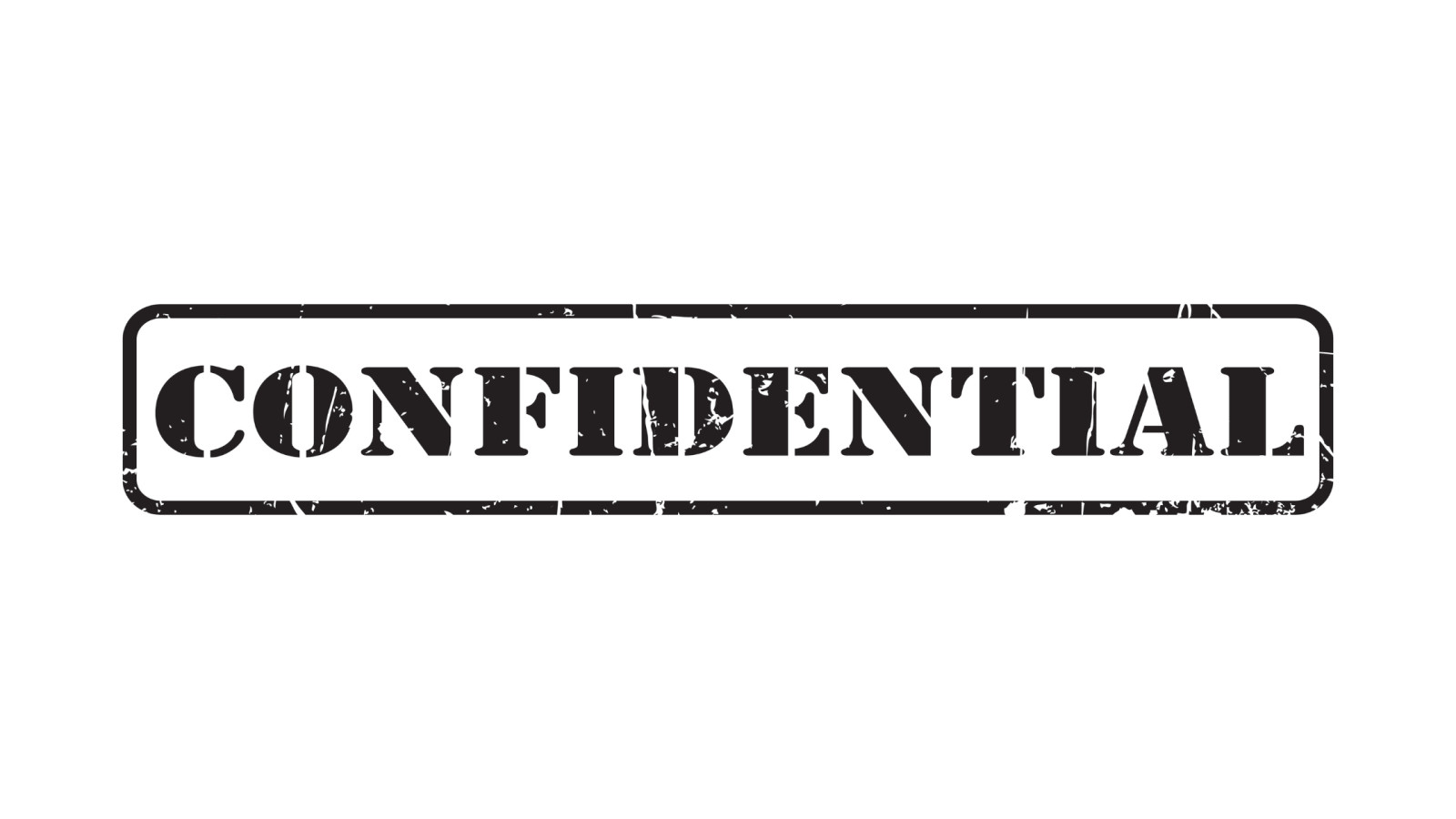
Why Texans Should Consider Mediation for Insurance Disputes: A Win-Win Solution
Insurance disputes can be complex and time-consuming, often leading to costly litigation. In Texas, insurance disputes are not uncommon, and finding a resolution can be challenging. However, there is an alternative method that can help parties reach a mutually beneficial agreement without going to court - mediation. Mediation is a form of alternative dispute resolution that offers numerous benefits for Texans involved in insurance disputes. This article will explore the concept of mediation, its benefits, and how it can be a win-win solution for Texans.
Understanding Mediation for Insurance Disputes
Mediation is a voluntary and confidential process in which a neutral third-party, known as the mediator, facilitates communication between the parties involved in a dispute. The mediator helps the parties identify their issues, explore possible solutions, and work towards reaching a mutually acceptable agreement. Unlike litigation, where a judge or jury makes the final decision, mediation allows the parties to have control over the outcome.
In insurance disputes, mediation can be particularly effective as it allows the parties to discuss their concerns and interests openly. The mediator helps the parties understand each other's perspectives and encourages them to find common ground. This collaborative approach often leads to creative solutions that may not have been possible through litigation.
In insurance disputes, mediation can be particularly effective as it allows the parties to discuss their concerns and interests openly. The mediator helps the parties understand each other's perspectives and encourages them to find common ground. This collaborative approach often leads to creative solutions that may not have been possible through litigation.
Benefits of Mediation for Texans
a) Cost-effective solution: One of the significant advantages of mediation is its cost-effectiveness. Litigation can be expensive, with legal fees, court costs, and other expenses adding up quickly. In contrast, mediation typically costs significantly less than going to court. The parties involved in the dispute share the cost of hiring a mediator, making it a more affordable option for Texans.
b) Time-saving process: Insurance disputes can drag on for months or even years in court. Mediation offers a faster resolution as it allows the parties to schedule sessions at their convenience rather than waiting for court dates. Additionally, mediation sessions are typically shorter than court hearings, saving valuable time for all parties involved.
c) Confidentiality and privacy: Mediation provides a confidential and private environment for the parties to discuss their issues. Unlike court proceedings, which are public record, mediation sessions are confidential. This confidentiality allows the parties to speak openly without fear of their statements being used against them in future legal proceedings.
d) Preserving relationships: Insurance disputes can strain relationships between policyholders and insurance companies. Mediation offers a more collaborative approach, allowing the parties to work together towards a resolution. This cooperative process can help preserve relationships and prevent further damage that may occur through adversarial litigation.
b) Time-saving process: Insurance disputes can drag on for months or even years in court. Mediation offers a faster resolution as it allows the parties to schedule sessions at their convenience rather than waiting for court dates. Additionally, mediation sessions are typically shorter than court hearings, saving valuable time for all parties involved.
c) Confidentiality and privacy: Mediation provides a confidential and private environment for the parties to discuss their issues. Unlike court proceedings, which are public record, mediation sessions are confidential. This confidentiality allows the parties to speak openly without fear of their statements being used against them in future legal proceedings.
d) Preserving relationships: Insurance disputes can strain relationships between policyholders and insurance companies. Mediation offers a more collaborative approach, allowing the parties to work together towards a resolution. This cooperative process can help preserve relationships and prevent further damage that may occur through adversarial litigation.
The Role of Mediators in Insurance Disputes
a) Neutral third-party: The mediator acts as a neutral third-party, ensuring that all parties have an equal opportunity to express their concerns and interests. The mediator does not take sides or make decisions but instead facilitates communication and guides the parties toward finding a mutually beneficial agreement.
b) Facilitator of communication: Mediators are skilled in facilitating effective communication between the parties involved in a dispute. They help the parties express their concerns, listen to each other, and find common ground. By creating a safe and respectful environment, mediators encourage open dialogue and help overcome barriers to communication.
c) Guide to reaching a mutually beneficial agreement: Mediators assist the parties in exploring possible solutions and reaching a mutually acceptable agreement. They help the parties identify their underlying interests and find creative solutions that meet everyone's needs. Mediators are trained in negotiation techniques and can guide the parties toward a resolution that is fair and satisfactory for all.
b) Facilitator of communication: Mediators are skilled in facilitating effective communication between the parties involved in a dispute. They help the parties express their concerns, listen to each other, and find common ground. By creating a safe and respectful environment, mediators encourage open dialogue and help overcome barriers to communication.
c) Guide to reaching a mutually beneficial agreement: Mediators assist the parties in exploring possible solutions and reaching a mutually acceptable agreement. They help the parties identify their underlying interests and find creative solutions that meet everyone's needs. Mediators are trained in negotiation techniques and can guide the parties toward a resolution that is fair and satisfactory for all.
How Mediation Can Save Time and Money
a) Comparison of mediation and litigation costs: Litigation can be an expensive process, with legal fees, court costs, expert witness fees, and other expenses adding up quickly. In contrast, mediation typically costs significantly less than going to court. The parties involved in the dispute share the cost of hiring a mediator, making it a more affordable option. Additionally, mediation can help avoid the costs associated with lengthy court proceedings, such as discovery and trial preparation.
b) Explanation of the time-saving benefits of mediation: Insurance disputes can take months or even years to resolve through litigation. Mediation offers a faster resolution as it allows the parties to schedule sessions at their convenience rather than waiting for court dates. Additionally, mediation sessions are typically shorter than court hearings, saving valuable time for all parties involved. The efficiency of mediation can help expedite the resolution of insurance disputes and allow the parties to move forward more quickly.
b) Explanation of the time-saving benefits of mediation: Insurance disputes can take months or even years to resolve through litigation. Mediation offers a faster resolution as it allows the parties to schedule sessions at their convenience rather than waiting for court dates. Additionally, mediation sessions are typically shorter than court hearings, saving valuable time for all parties involved. The efficiency of mediation can help expedite the resolution of insurance disputes and allow the parties to move forward more quickly.
The Importance of Confidentiality in Mediation
a) Explanation of confidentiality in mediation: Confidentiality is a fundamental aspect of mediation. It ensures that the discussions and information shared during mediation sessions remain private and cannot be used against the parties in future legal proceedings. This confidentiality allows the parties to speak openly and honestly without fear of their statements being used against them.
b) How confidentiality benefits both parties: Confidentiality in mediation encourages open and honest communication between the parties. It creates a safe space for the parties to express their concerns, explore possible solutions, and work towards a resolution. By protecting the privacy of the discussions, confidentiality allows the parties to be more forthcoming and collaborative, increasing the chances of reaching a mutually beneficial agreement.
b) How confidentiality benefits both parties: Confidentiality in mediation encourages open and honest communication between the parties. It creates a safe space for the parties to express their concerns, explore possible solutions, and work towards a resolution. By protecting the privacy of the discussions, confidentiality allows the parties to be more forthcoming and collaborative, increasing the chances of reaching a mutually beneficial agreement.
Mediation vs. Litigation: Pros and Cons
a) Comparison of mediation and litigation: Mediation and litigation are two different approaches to resolving insurance disputes. Litigation involves going to court, presenting evidence, and having a judge or jury make a final decision. Mediation, on the other hand, is a voluntary process where a neutral third-party facilitates communication between the parties to help them reach an agreement.
b) Explanation of the pros and cons of each method: Litigation provides a formal process with legal rules and procedures that ensure due process. However, it can be time-consuming, expensive, and adversarial. Mediation, on the other hand, offers a more collaborative and flexible approach that can lead to creative solutions. While mediation may not always result in a resolution, it provides an opportunity for the parties to have control over the outcome and maintain relationships.
b) Explanation of the pros and cons of each method: Litigation provides a formal process with legal rules and procedures that ensure due process. However, it can be time-consuming, expensive, and adversarial. Mediation, on the other hand, offers a more collaborative and flexible approach that can lead to creative solutions. While mediation may not always result in a resolution, it provides an opportunity for the parties to have control over the outcome and maintain relationships.
How Mediation Can Preserve Relationships
a) Explanation of how mediation can preserve relationships: Insurance disputes can strain relationships between policyholders and insurance companies. Mediation offers a more collaborative approach that focuses on finding common ground and reaching a mutually acceptable agreement. By working together towards a resolution, the parties can preserve their relationships and prevent further damage that may occur through adversarial litigation.
b) Comparison of the impact of mediation and litigation on relationships: Litigation is often an adversarial process that pits one party against another. The focus is on winning the case rather than finding a mutually beneficial solution. This adversarial approach can damage relationships and make future cooperation difficult. In contrast, mediation encourages open dialogue, understanding, and cooperation, which can help preserve relationships and foster future collaboration.
b) Comparison of the impact of mediation and litigation on relationships: Litigation is often an adversarial process that pits one party against another. The focus is on winning the case rather than finding a mutually beneficial solution. This adversarial approach can damage relationships and make future cooperation difficult. In contrast, mediation encourages open dialogue, understanding, and cooperation, which can help preserve relationships and foster future collaboration.
The Flexibility of Mediation in Insurance Disputes
a) Explanation of the flexibility of mediation: Mediation offers flexibility in terms of scheduling, process, and outcome. Unlike court proceedings that follow strict timelines and procedures, mediation allows the parties to schedule sessions at their convenience. Additionally, the mediation process itself is flexible, allowing the parties to explore various options and find creative solutions that meet their needs.
b) How flexibility benefits both parties: The flexibility of mediation allows the parties to have control over the outcome and tailor the process to their specific needs. It provides an opportunity for the parties to express their concerns, explore different solutions, and work towards a resolution that is fair and satisfactory for all. This flexibility increases the chances of reaching a mutually beneficial agreement.
b) How flexibility benefits both parties: The flexibility of mediation allows the parties to have control over the outcome and tailor the process to their specific needs. It provides an opportunity for the parties to express their concerns, explore different solutions, and work towards a resolution that is fair and satisfactory for all. This flexibility increases the chances of reaching a mutually beneficial agreement.
The Success Rate of Mediation in Texas
a) Statistics on the success rate of mediation in Texas: According to the Texas Department of Insurance, the success rate of mediation for insurance disputes in Texas is high. In 2020, the overall settlement rate for insurance mediation was 79%. This indicates that a significant number of insurance disputes were successfully resolved through mediation.
b) Explanation of why mediation is successful in Texas: There are several reasons why mediation is successful in Texas. First, Texans value collaboration and finding common ground, which aligns with the principles of mediation. Second, mediation offers a cost-effective and time-saving alternative to litigation, which appeals to Texans seeking efficient resolutions. Finally, the availability of qualified mediators in Texas ensures that parties have access to skilled professionals who can guide them toward a resolution.
b) Explanation of why mediation is successful in Texas: There are several reasons why mediation is successful in Texas. First, Texans value collaboration and finding common ground, which aligns with the principles of mediation. Second, mediation offers a cost-effective and time-saving alternative to litigation, which appeals to Texans seeking efficient resolutions. Finally, the availability of qualified mediators in Texas ensures that parties have access to skilled professionals who can guide them toward a resolution.
How to Find a Qualified Mediator for Insurance Disputes
a) Explanation of how to find a qualified mediator: When seeking a qualified mediator for an insurance dispute, it is essential to consider their experience, training, and credentials. The Texas Mediator Credentialing Association (TMCA) provides a directory of certified mediators in Texas. Additionally, seeking recommendations from trusted sources, such as attorneys or other professionals familiar with mediation, can help identify qualified mediators.
b) Tips for choosing the right mediator: When choosing a mediator, it is important to consider their expertise in insurance disputes and their ability to remain neutral and impartial. It can be helpful to interview potential mediators and ask about their experience, approach to mediation, and success rate. Additionally, considering the mediator's communication style and personality can help ensure a productive and comfortable mediation process.
b) Tips for choosing the right mediator: When choosing a mediator, it is important to consider their expertise in insurance disputes and their ability to remain neutral and impartial. It can be helpful to interview potential mediators and ask about their experience, approach to mediation, and success rate. Additionally, considering the mediator's communication style and personality can help ensure a productive and comfortable mediation process.
Why Mediation is a Win-Win Solution for Texans
In conclusion, mediation offers numerous benefits for Texans involved in insurance disputes. It provides a cost-effective and time-saving alternative to litigation while preserving relationships and offering a flexible process. Mediation allows parties to have control over the outcome and encourages collaboration and creative problem-solving. With a high success rate in Texas and a wide availability of qualified mediators, Texans should consider mediation as a win-win solution for resolving insurance disputes. By choosing mediation, Texans can save time, money, and relationships while finding mutually acceptable resolutions to their insurance disputes.





















0 Comments